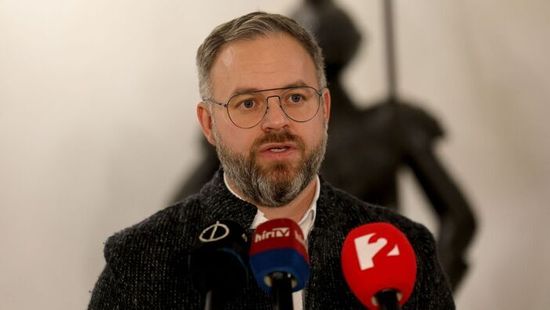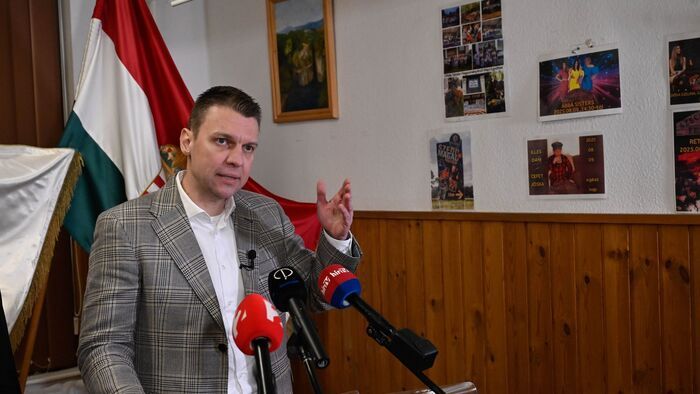"The rainbow ideology has become a dogma in the European Union, where they want to set an example by condemning Hungary for not backing down," said Rodrigo Ballester, head of the Center for European Studies at the Mathias Corvinus Collegium (MCC). In December 2022, the European Commission triggered infringement proceedings and launched a lawsuit against Hungary at the EU Court of Justice, citing discrimination based on sexual orientation and gender identity, the expert recalled. He pointed out that Brussels found fault with three things: one is the general ban on sexual propaganda in schools, with a special focus on homosexuality and gender ideology. In addition, they objected to the exclusion of NGOs from schools, as these organisations are not allowed to provide education on LGBTQ issues, and the EU was not happy that the Hungarian law allows parents to decide on the sexual education of their children.
Mandatory gender ideology?
Brussels found these three aspects problematic with unusual swiftness, Rodrigo Ballester noted. As soon as Hungary adopted the relevant legislation, which falls within national competence, Commission President Ursula von der Leyen initiated infringement proceedings against Hungary at record speed, within weeks, at the EU Court of Justice, calling the Hungarian law shameful.
This case is extremely important because its outcome will determine whether the gender ideology or the woke ideology can be made mandatory in all EU member states. It will now be decided whether the EU has become a club where liberalism is the norm and no longer can anyone remain conservative,
the expert from MCC highlighted.
On the basis of previous cases, he continued, it is likely that the Hungarian regulation will be considered unlawful, when in fact it is not, as the EU has no say in the matter. Article 165 of the EU Treaty states that the content of teaching and the organization of education systems fall within national competence. "What is happening now is like taking away national competences on the grounds of European values. The EU has given itself a blank check in determining what falls within its competence and what falls within the competence of the member states."
"This is the biggest ever blow to European legislation as paragraph 2 of Article 5 of the Treaty says that member states make decisions in areas where the competences have not been conferred upon the EU exclusively."
"Is there anyone left who cares about this golden rule of the EU?" Rodrigo Ballester raised the question.























Szóljon hozzá!
Jelenleg csak a hozzászólások egy kis részét látja. Hozzászóláshoz és a további kommentek megtekintéséhez lépjen be, vagy regisztráljon!